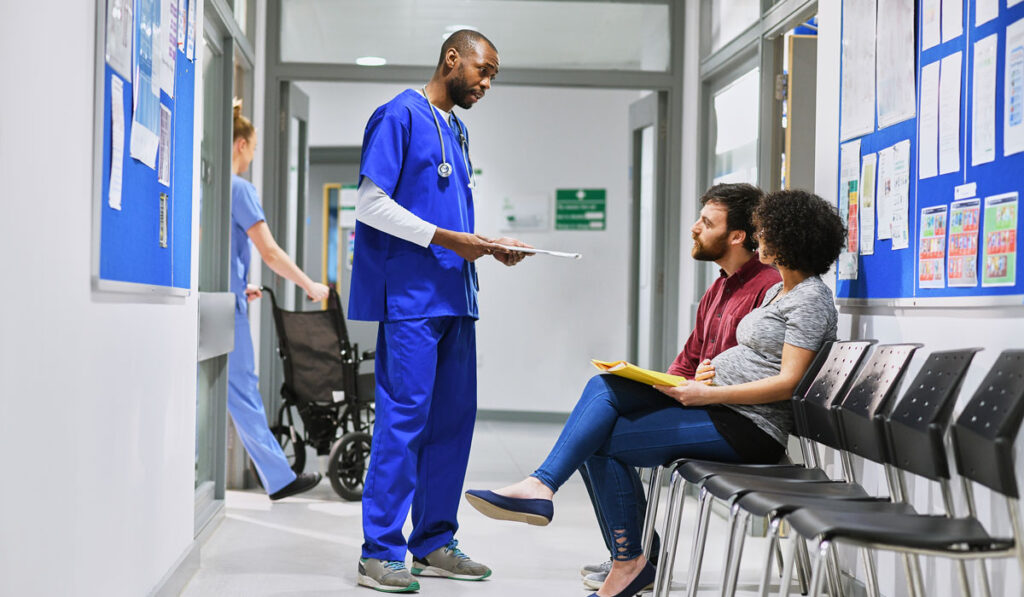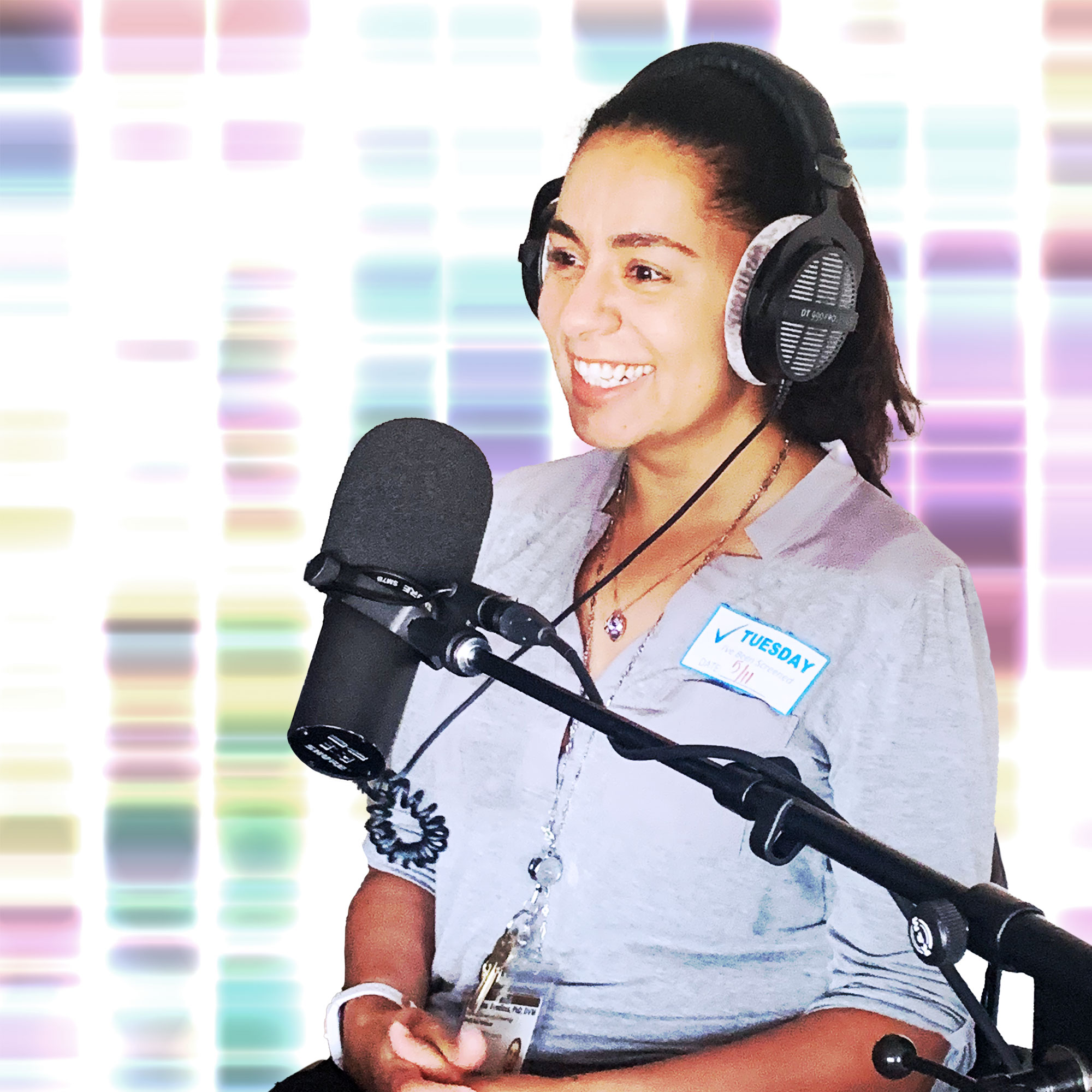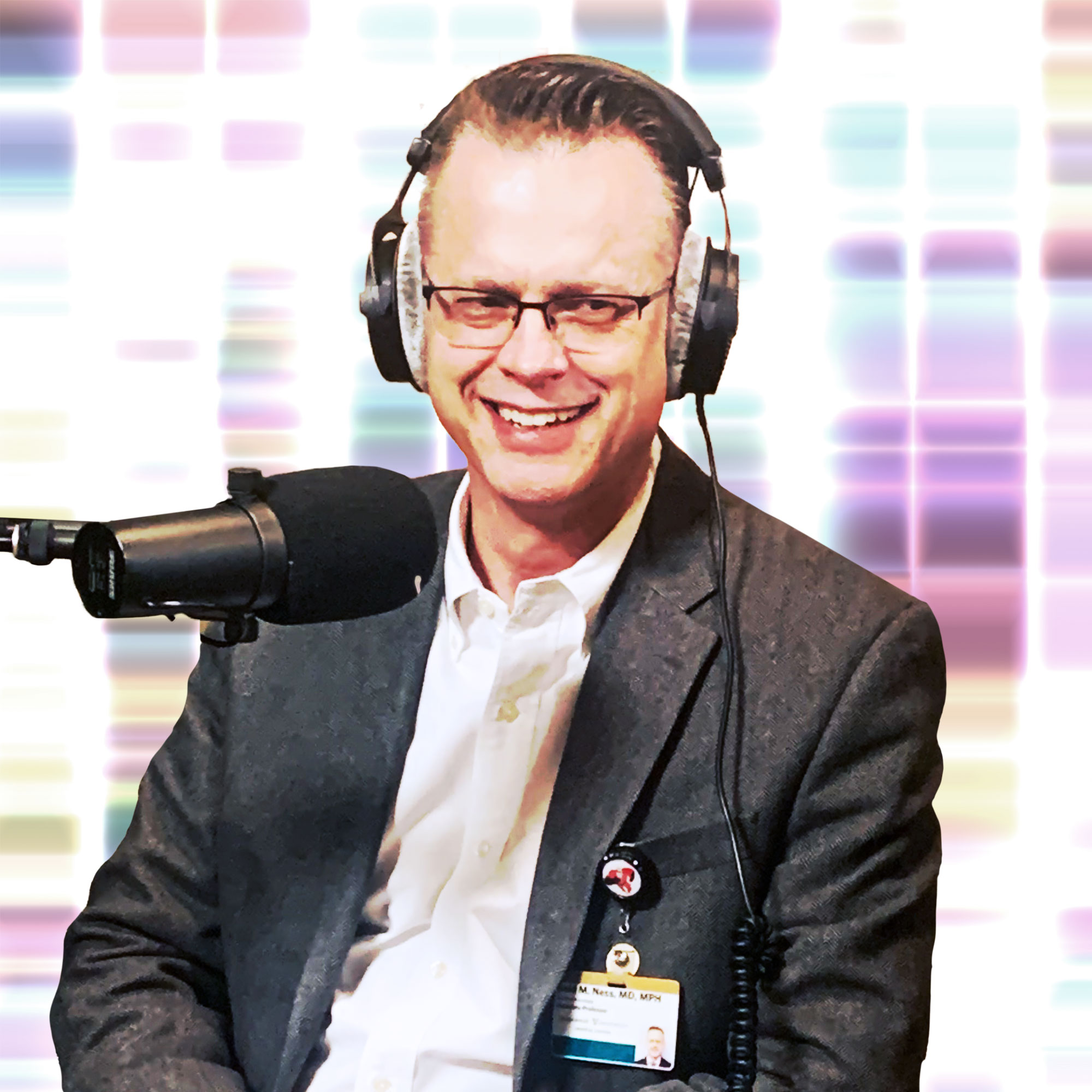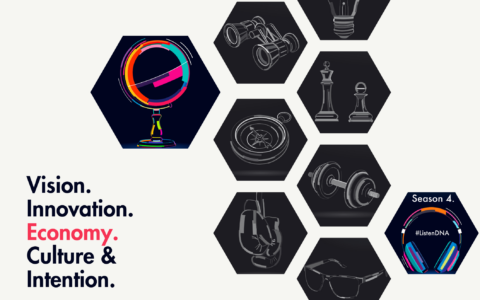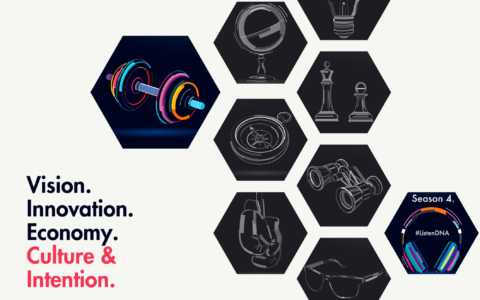It’s time to get loud about what happens in the bathroom. And although you might find that awkward, these four experts don’t. The increase in young adult colon cancer diagnoses underscores why everyone needs to be cognizant of what’s being flush, warning signs and be thinking about what gets digested.
A cancer journey is as individual as the person. No two are alike. But being a younger adult with cancer can throw milestone life events into sheer disarray. Cathy Eng, MD, David H. Johnson Chair in Surgical and Medical Oncology and Co-Director of GI Oncology and Co-Leader of the Gastrointestinal Cancer Research Program, watched as her patients grappled with those questions and many more. Her experience treating and helping younger adults spurred her to launch the young adult cancers program at the Vanderbilt-Ingram Cancer Center.
“I think the reality is that most young people feel invincible, right? So most of the time they’ve been healthy their whole lives. Some of them don’t even have a primary care physician and many of them are either going into a higher degree or graduating from college or embarking on a new career. And so, things seem a little erratic in regards to their bowel habits, they don’t probably think much of it,” said Eng.
‘Urgent stigma to break’
Andreana Holowatyj, PhD, MSCI, Assistant Professor of Medicine and Cancer Biology at Vanderbilt-Ingram Cancer Center, studies the gastrointestinal cancer burdens in adults under the age of 50 and the health disparities of those diseases. She and her team have mapped out hotspots for younger adults with colon cancer and like many others is working to understand what’s going on.
Of those who get diagnosed with colorectal cancer, 1 in 10 are under the age of 50. And young men have worse survival rates than young women.
“To put that into perspective, for African-Americans about one in every eight African-Americans is diagnosed before age 50. I think that really illustrates that early onset course of cancer is not just one disease, that there are disparities, differences in patterns that could impact disease risk and outcomes that we continue to try and understand,” said Holowatyj. “There is a stigma associated with talking about colorectal cancer and that people sometimes think it’s a disease for older people and that it can’t impact young people. And that’s a really important and urgent stigma to break.”
‘Denial is a form of recklessness’
Reid Ness, MD, MPH, Associate Professor of Medicine and Gastroenterology, is on the advisory board of the young adult cancers program and focuses on prevention, which not only means helping people understand the impact of what they digest over many years, but also helping fight the fear of the unknown.
If caught early, many colon cancer cases are treatable – but denial often delays a trip to seek care.
“I want people to be bold in seeking care. At the same time, I don’t want them to be reckless in how they live their lives. And denial is a form of recklessness when you think about it. Because you’re again, denying the obvious road sign. I’m going to shut my eyes and say, ‘I don’t see that, I don’t see that,’ when it’s obvious and it’s there in front of you. When life shows you something which is a real concern, crushing substernal chest pain, shortness of breath going up the stairs, blood coming out of orifices that blood should not come out of. You should seek immediate medical attention.
gut microbiota is like an organ in our body
Mariana Byndloss, DVM, PhD, is studying how diet impacts the gut’s microbiome, or colonies of microbes in the gut. And more long term, our health. This line of research exploded in the last 10 years, and she’s excited to see what it reveals about origins of cancer and other diseases, as well as what kind of treatments and therapeutics emerge.
“For a long time, we didn’t even consider that those little creatures that were living with us had any role in our health. But now we do know that and by manipulating them or by understanding what they’re doing in our body, we can actually create new treatments that will prevent human disease,” said Byndloss. “We say that the gut microbiota is like an organ in our body. You need the heart to pump blood. You need the liver to clean up toxins and you need your microbes to activate your body in a healthy way to help you become healthy — so they’re just another organ, just like any other ones we have.”
————
Tune in on your favorite platform: Apple Podcasts, Google Podcasts, Spotify, Stitcher, Pandora, and the Health Podcast Network. New episodes drop every week.
Join the conversation on Twitter and LinkedIn with #ListenDNA and by following @VUMC_Insights.
To learn more about Vanderbilt Health DNA and access episode extras, visit www.listendna.com.
Episode Extras
Fresh Start, A better path for young adults with cancer
VUMC’s Byndloss recognized for microbiome research
Study reveals missing link between high-fat diet, microbiota and heart disease
Hot spots identified for colorectal cancer mortality rates among young women

